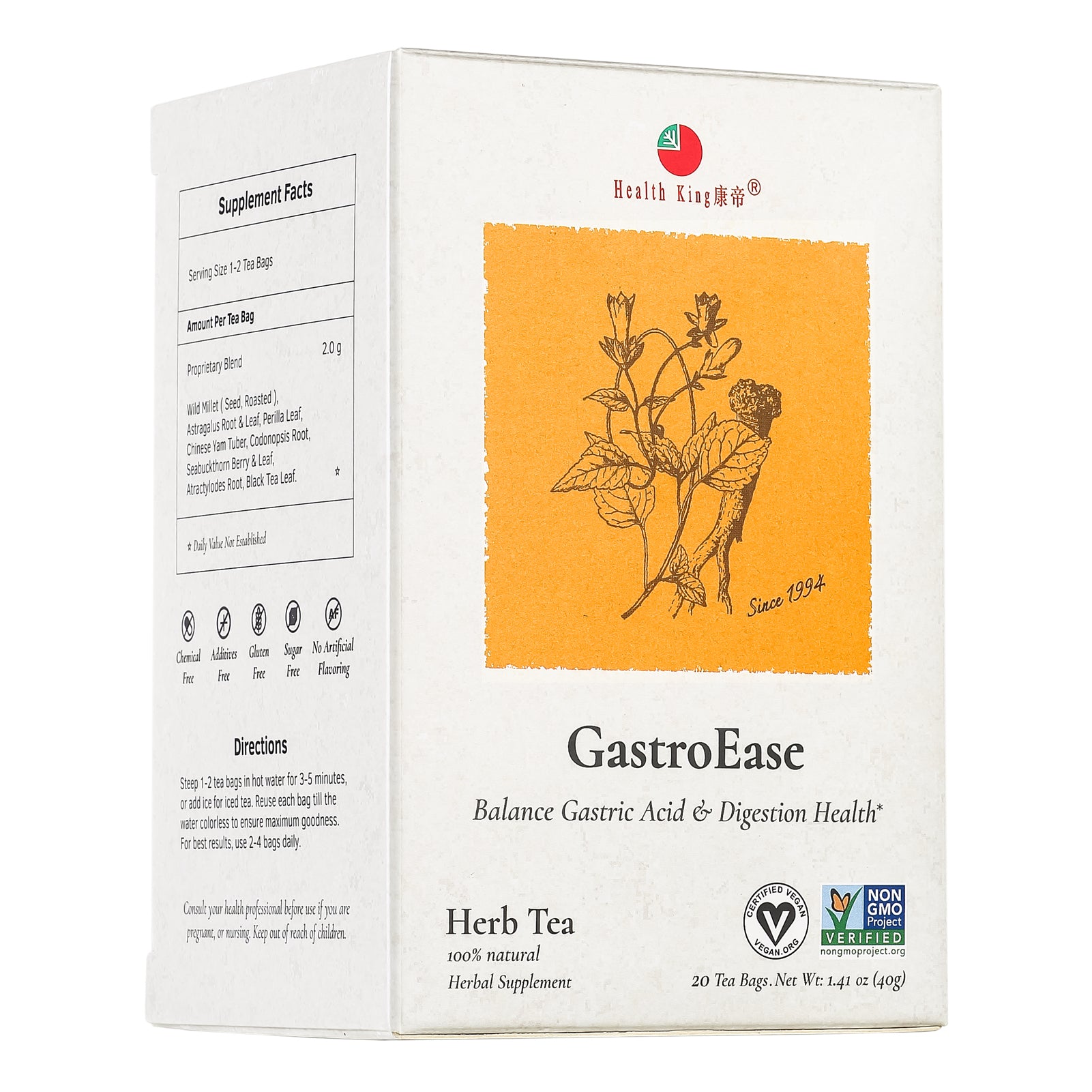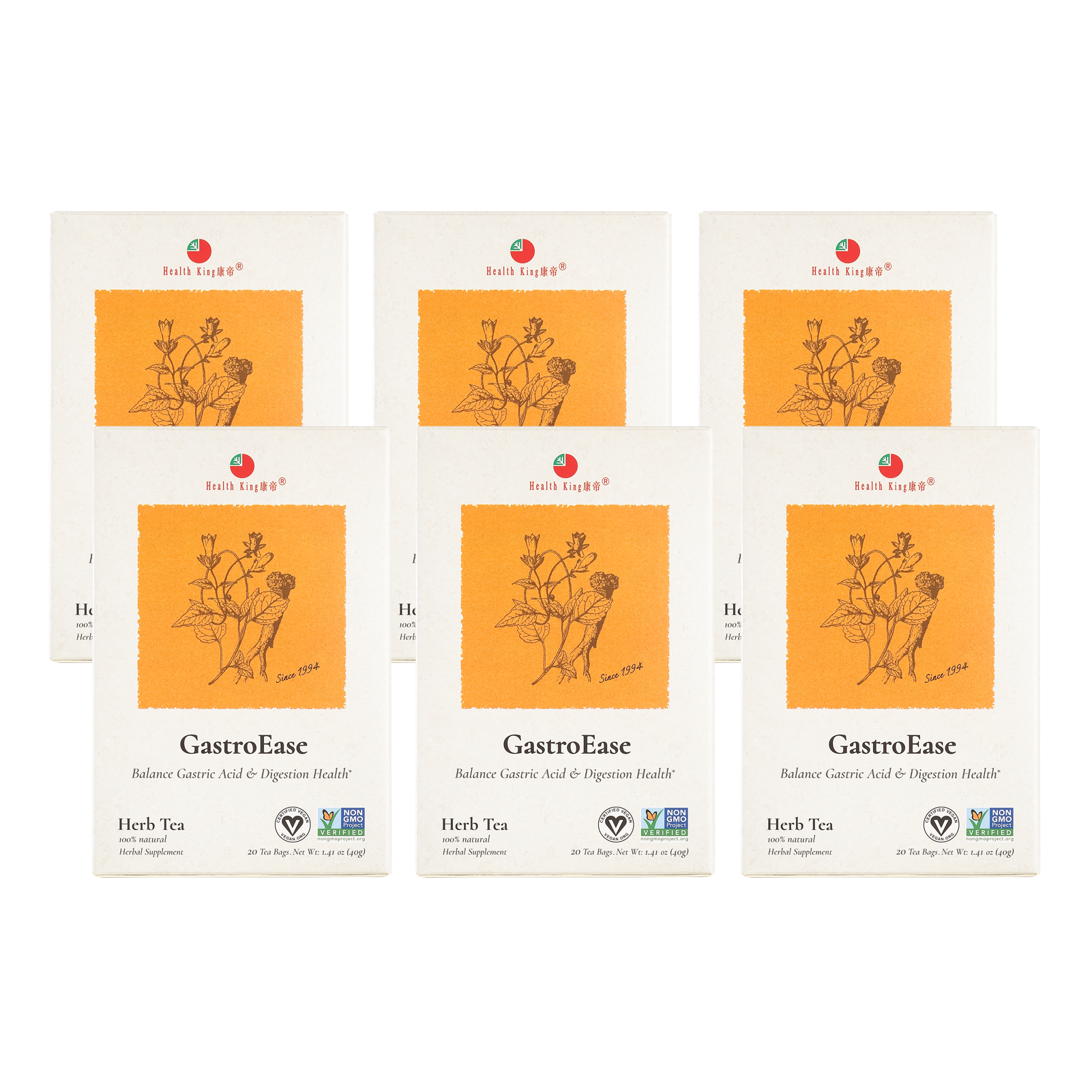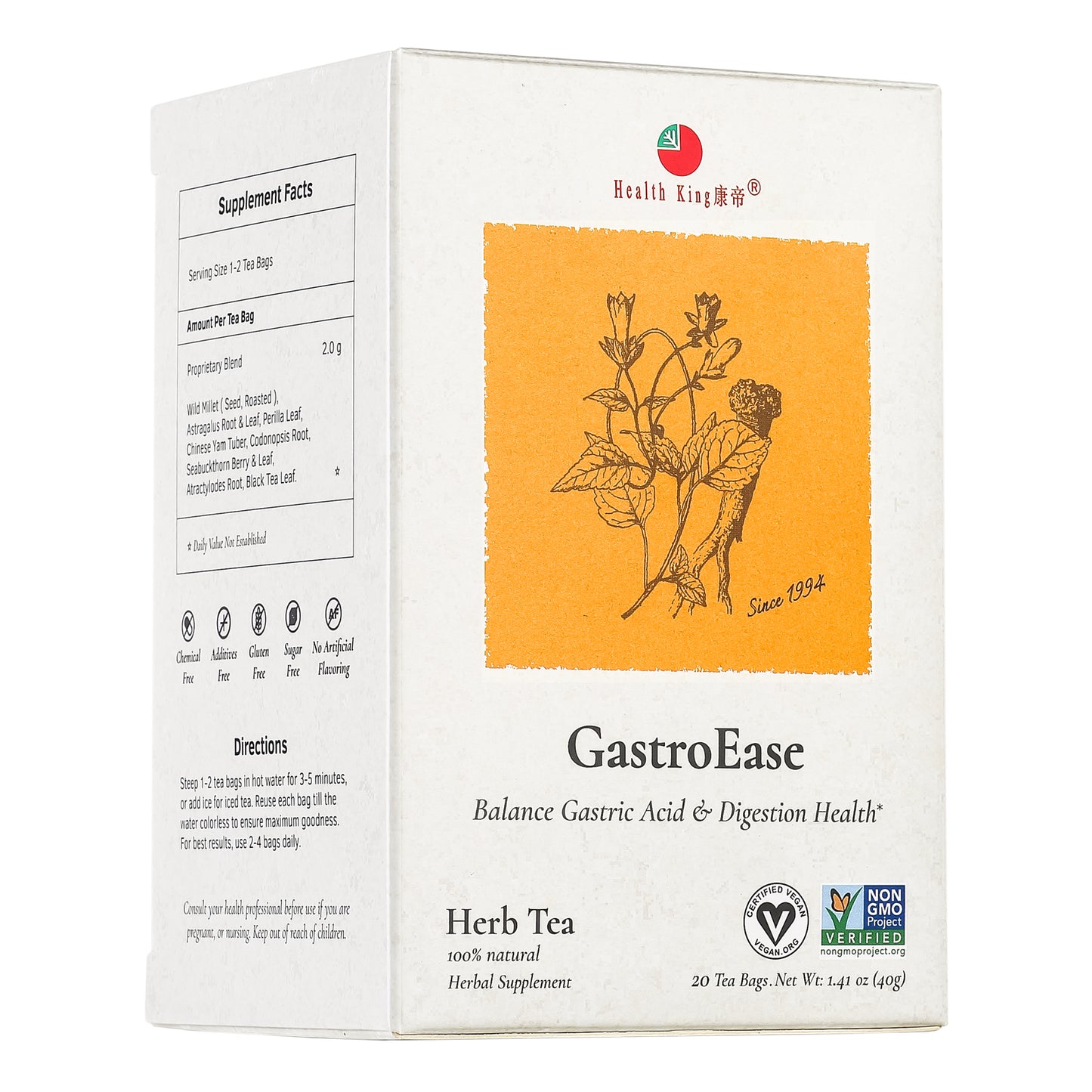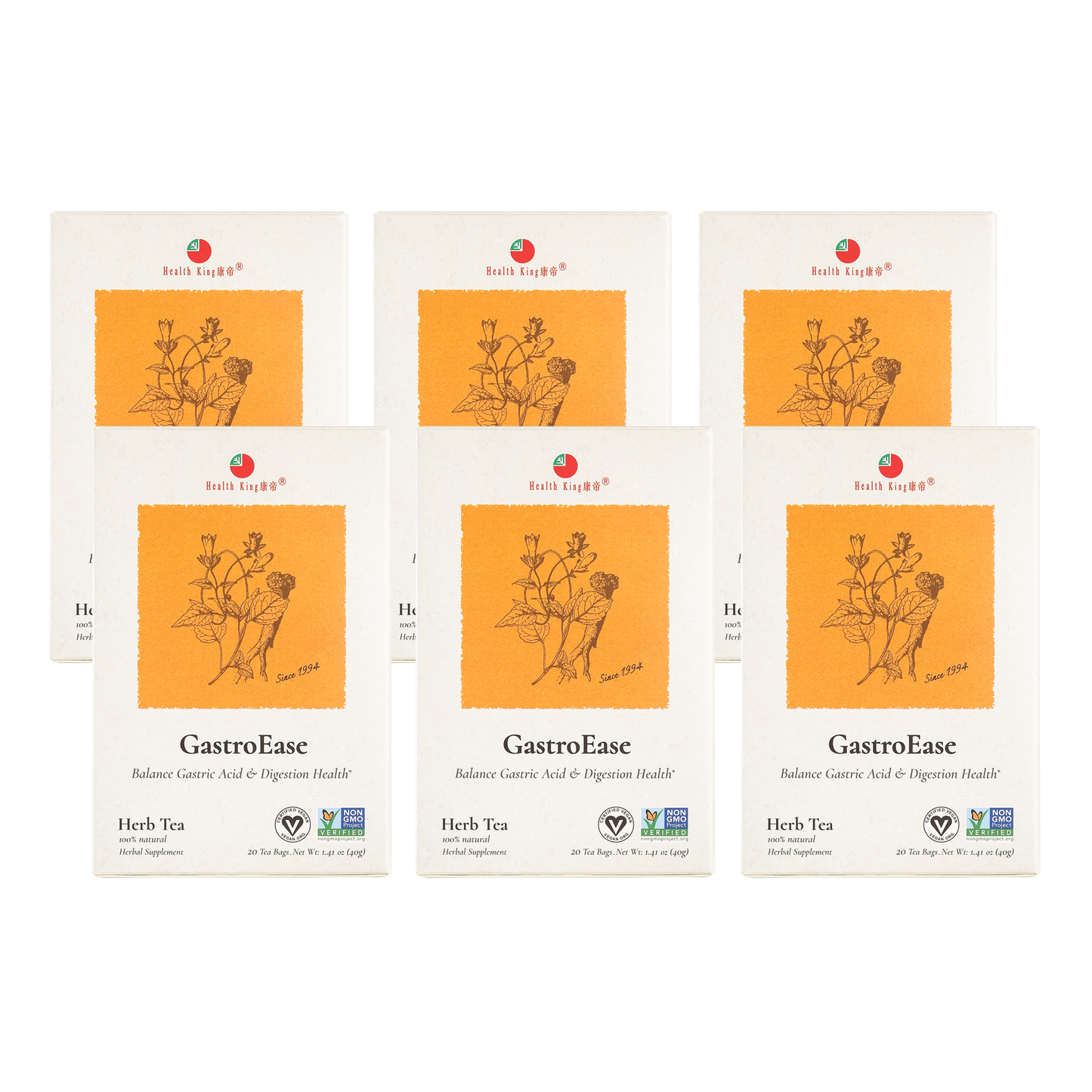Gastric acid balance is a crucial aspect of our overall health. It plays a pivotal role in digestion and nutrient absorption.
However, maintaining this balance can sometimes be a challenge. An imbalance can lead to discomfort and various health issues.
This article aims to provide you with comprehensive insights into maintaining a healthy gastric acid balance. We will delve into the benefits of an alkaline diet and its role in preventing acid reflux.
We will also introduce you to Roasted Wild Millet, a superfood that can contribute to gastric health. Furthermore, we will discuss lifestyle modifications that can support a balanced gastric environment.
Whether you're experiencing digestive issues or simply interested in maintaining optimal digestive health, this article will equip you with actionable advice. Let's embark on this journey towards better digestive health together.
Understanding Gastric Acid and Its Role in Digestion
Gastric acid, also known as stomach acid, is a digestive fluid formed in the stomach. It is composed of hydrochloric acid, potassium chloride, and sodium chloride.
This acid plays a vital role in digestion. It helps break down food particles into a liquid mixture, facilitating nutrient absorption.
Moreover, gastric acid acts as a defense mechanism against pathogens. It destroys bacteria and viruses that enter the stomach, protecting us from infections.
However, an imbalance in gastric acid levels can disrupt these processes. It can lead to digestive issues and other health complications, emphasizing the importance of maintaining a healthy gastric acid balance.
The Importance of Gastric Acid Balance
Maintaining a balanced gastric acid level is crucial for overall health. It ensures optimal digestion and nutrient absorption, contributing to our well-being.
An imbalance, either too much or too little acid, can lead to various health issues. These include acid reflux, ulcers, and gastroesophageal reflux disease (GERD).
Therefore, understanding and managing your gastric acid balance is a key aspect of digestive health. It can help prevent these conditions and promote a healthier digestive system.
Symptoms and Complications of Gastric Acid Imbalance
An imbalance in gastric acid can manifest in several ways. Common symptoms include heartburn, bloating, burping, nausea, and discomfort in the upper abdomen.
If left unchecked, these symptoms can escalate into more serious complications. These include gastroesophageal reflux disease (GERD), peptic ulcers, and in severe cases, Barrett's esophagus, a precursor to esophageal cancer.
Therefore, it's crucial to recognize these symptoms early. Prompt action can prevent further complications and restore your gastric acid balance, ensuring a healthier digestive system.
Alkaline Diet: A Path to Optimal Gastric Health

An alkaline diet can play a significant role in maintaining a healthy gastric acid balance. This diet emphasizes the consumption of alkaline-forming foods, which can neutralize excess stomach acid.
Such foods include fruits, vegetables, nuts, and legumes. They are rich in minerals like magnesium, calcium, and potassium, which help reduce acidity.
Here are some alkaline-forming foods to consider:
- Leafy greens like spinach and kale
- Cruciferous vegetables such as broccoli and cauliflower
- Citrus fruits like lemons and oranges
- Almonds and sunflower seeds
- Lentils and chickpeas
Incorporating these foods into your diet can help maintain an optimal gastric acid balance. However, it's essential to consult with a healthcare professional before making significant dietary changes.
Acid Reflux and Gastric Acid: Understanding the Connection
Acid reflux, also known as gastroesophageal reflux disease (GERD), is a common condition associated with gastric acid imbalance. It occurs when stomach acid flows back into the esophagus, causing discomfort and potential damage to the esophageal lining.
The frequency and severity of acid reflux can be influenced by dietary habits. Consuming large meals, lying down after eating, or indulging in certain trigger foods can exacerbate symptoms. These triggers often include spicy foods, caffeine, alcohol, and fatty foods.
Understanding the connection between gastric acid and acid reflux can guide dietary and lifestyle modifications. This knowledge can help manage symptoms and promote a healthier gastric environment.
Roasted Wild Millet: A Gastric-Friendly Superfood

Roasted Wild Millet, a nutrient-dense grain, is gaining recognition for its potential benefits in maintaining gastric health. It is rich in dietary fiber, which aids in digestion and helps regulate gastric acid levels.
In addition to fiber, Roasted Wild Millet is packed with essential nutrients like magnesium, which plays a crucial role in digestive health. It also contains antioxidants that protect the stomach lining and support overall gastric health.
Incorporating Roasted Wild Millet into an alkaline diet can contribute to a balanced gastric environment. Its versatility as an ingredient makes it easy to include in various recipes, promoting a diet that supports gastric acid balance.
Lifestyle Modifications for Gastric Acid Balance
Lifestyle modifications can significantly impact gastric acid balance. Regular exercise, for instance, promotes healthy digestive function and can help regulate stomach acid levels.
Another crucial aspect is meal timing and frequency. Eating smaller, more frequent meals, rather than large meals, can prevent overproduction of gastric acid.
Here are some lifestyle modifications to consider:
- Regular exercise
- Eating smaller, more frequent meals
- Avoiding late-night eating
- Practicing stress management techniques
- Maintaining a healthy weight
- Avoiding alcohol, caffeine, and smoking
- Ensuring adequate hydration
These changes, combined with a balanced diet, can contribute to maintaining a healthy gastric acid balance.
The Role of Stress in Gastric Acid Production
Stress plays a significant role in gastric acid production. Chronic stress can stimulate the overproduction of stomach acid, leading to an imbalance.
Stress management techniques, such as meditation and yoga, can help maintain gastric health. These practices can reduce stress levels, thereby regulating acid production.
It's essential to understand the impact of chronic stress on the body's acid production and find ways to mitigate it. A holistic approach to health should include attention to gastric acid balance and stress management.
Natural Remedies and Alternative Approaches
Natural remedies and alternative approaches can play a significant role in managing gastric acid levels. Herbal remedies, supplements, and dietary changes can all contribute to a balanced gastric environment.
However, it's crucial to consult with healthcare professionals before making significant changes. Self-treating symptoms without proper medical guidance can lead to potential risks.
Here are some natural remedies to consider:
- Herbal teas such as chamomile and licorice root can soothe the stomach lining.
- Probiotics and prebiotics can support a healthy gut microbiome.
- Mindful eating practices can promote optimal digestion and acid balance.
- Regular exercise can promote healthy digestive function.









